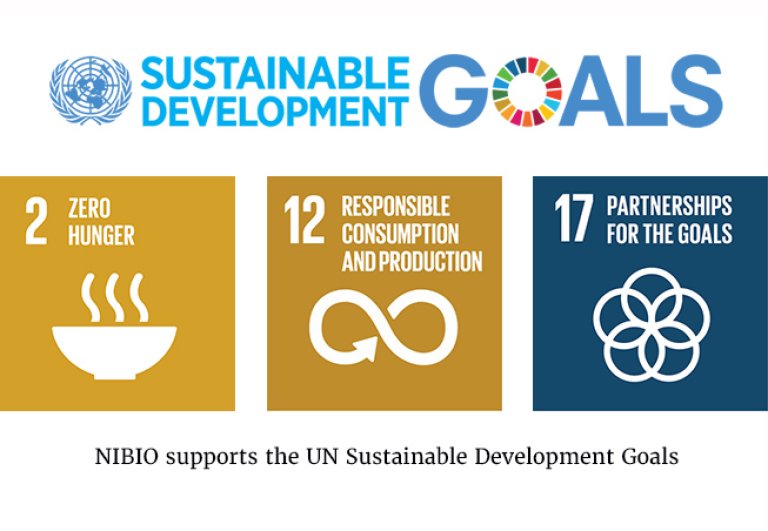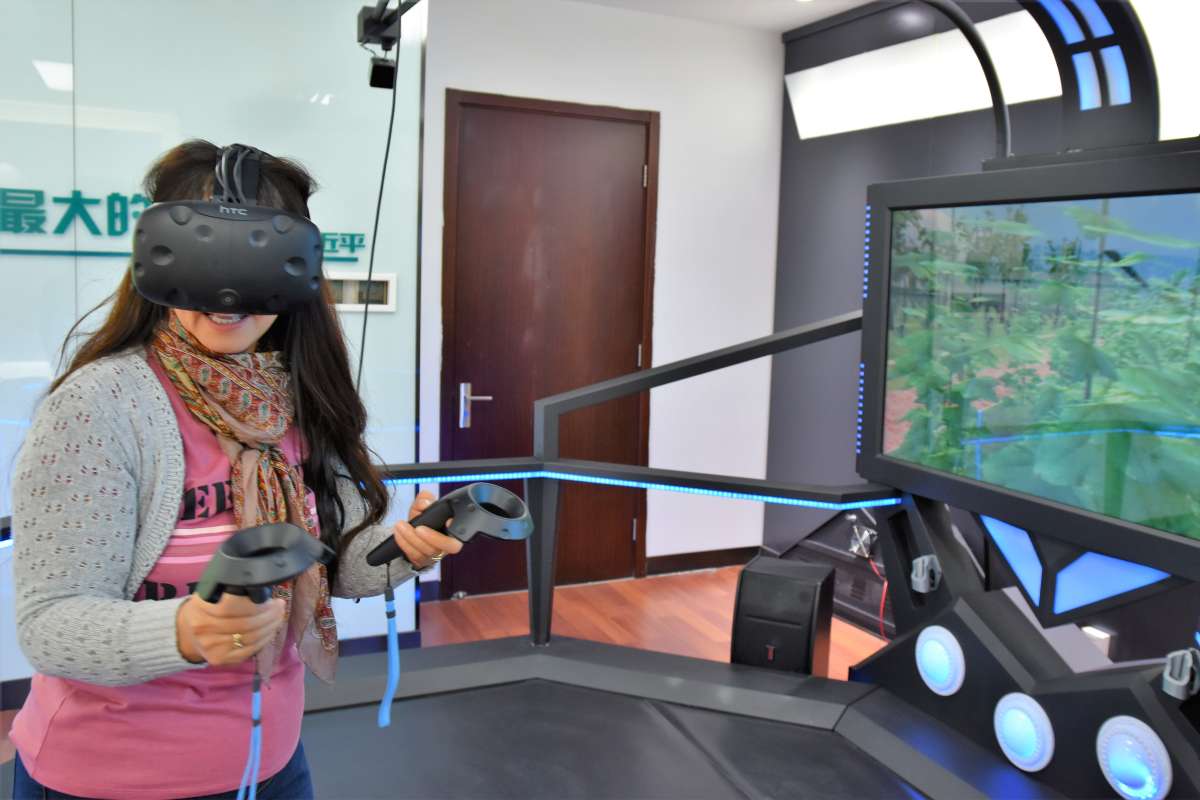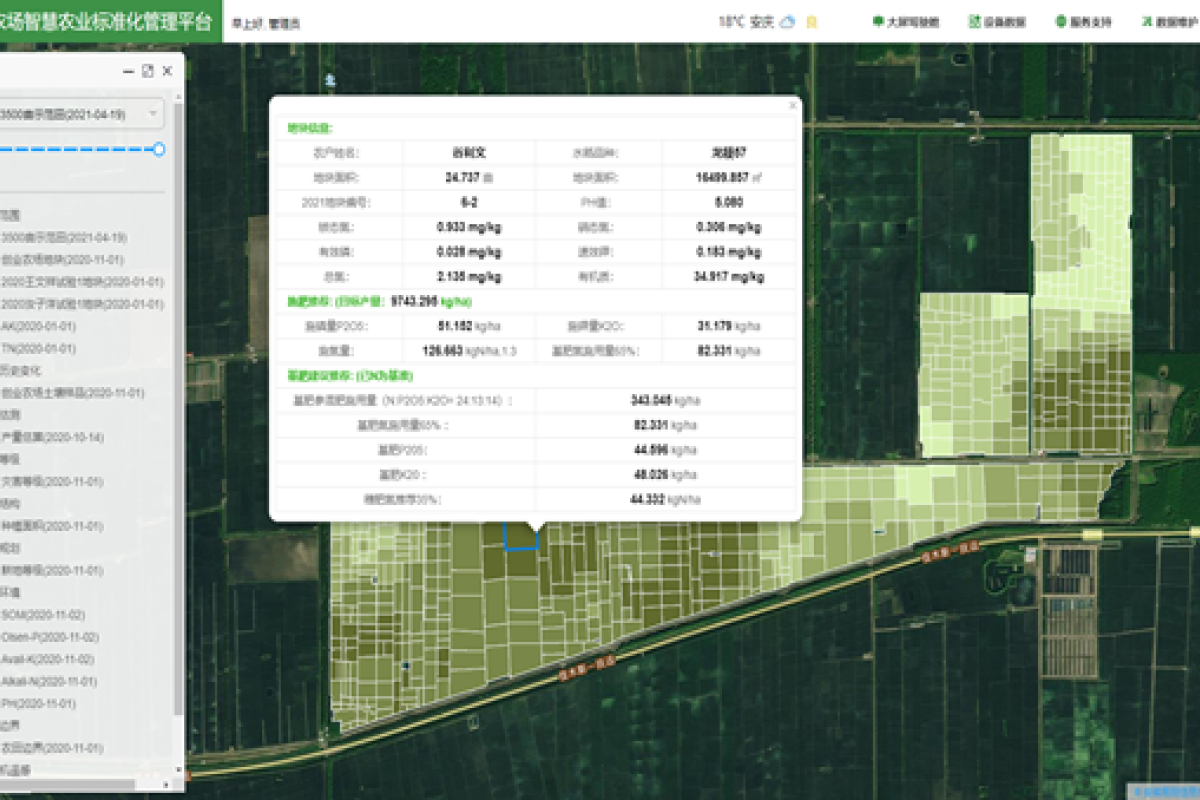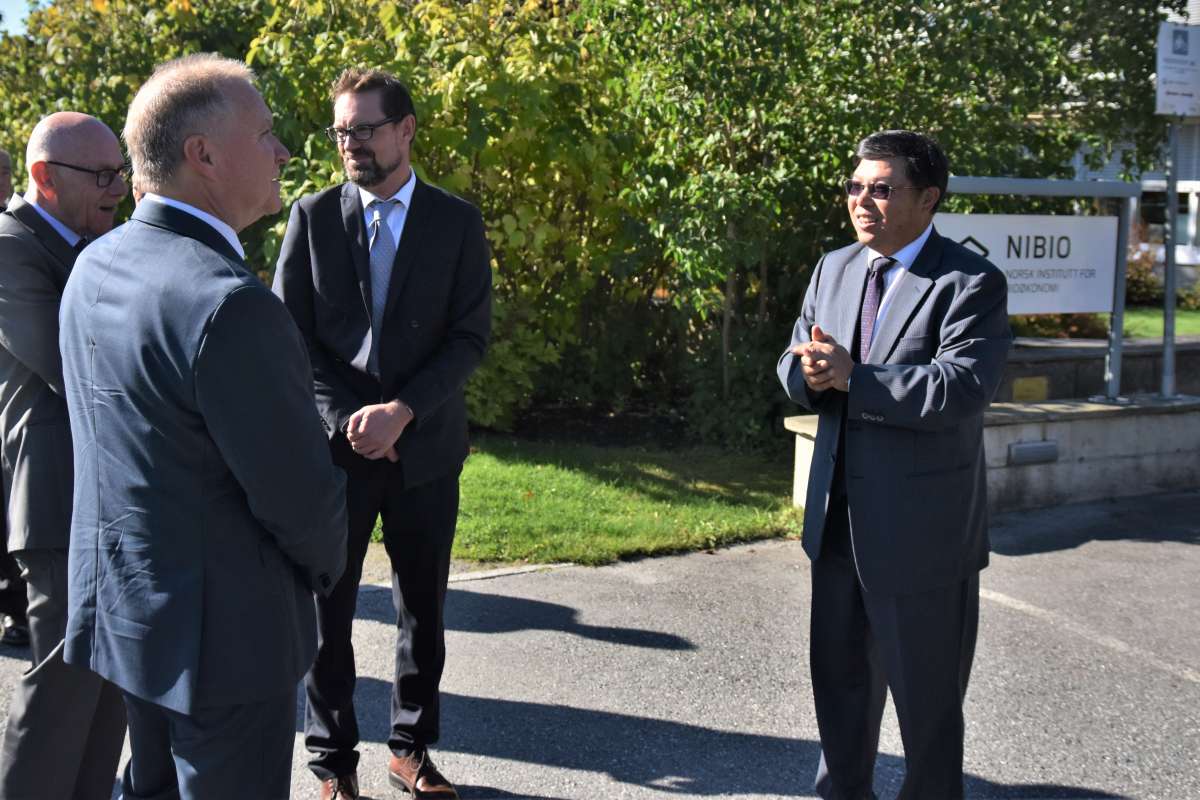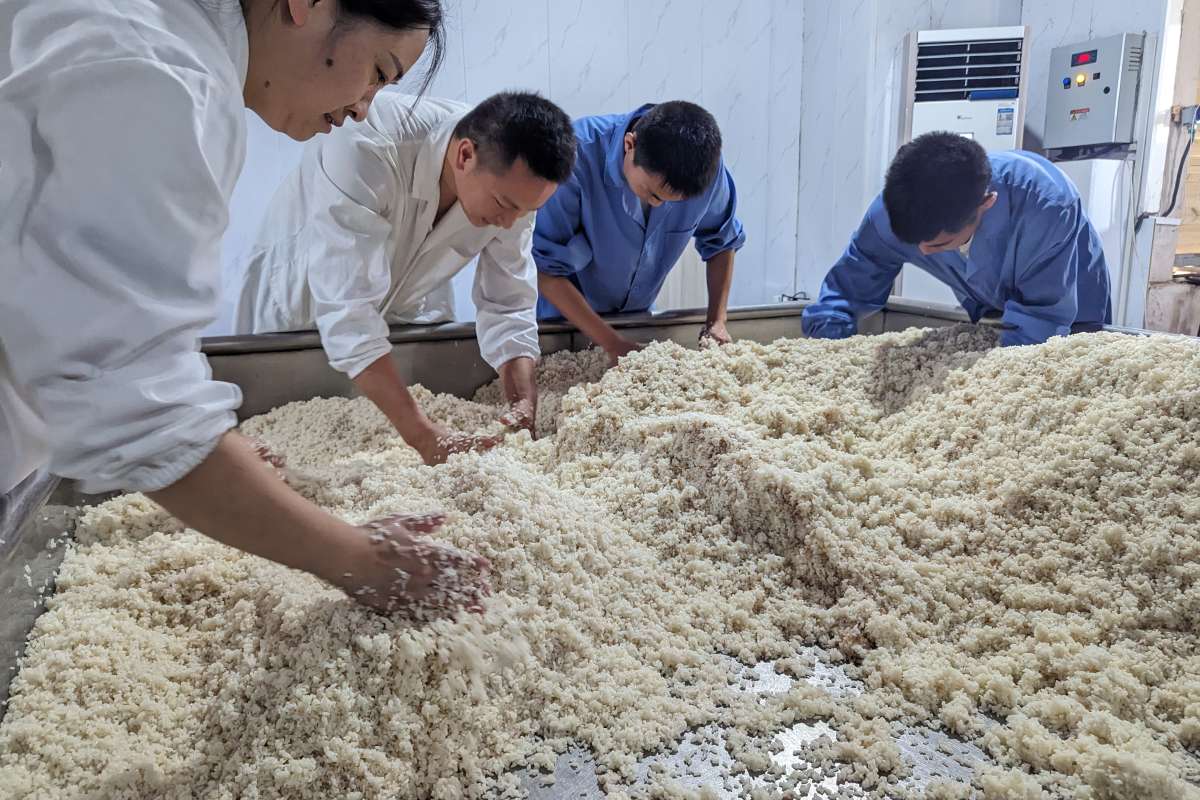Joining forces with China to solve global challenges
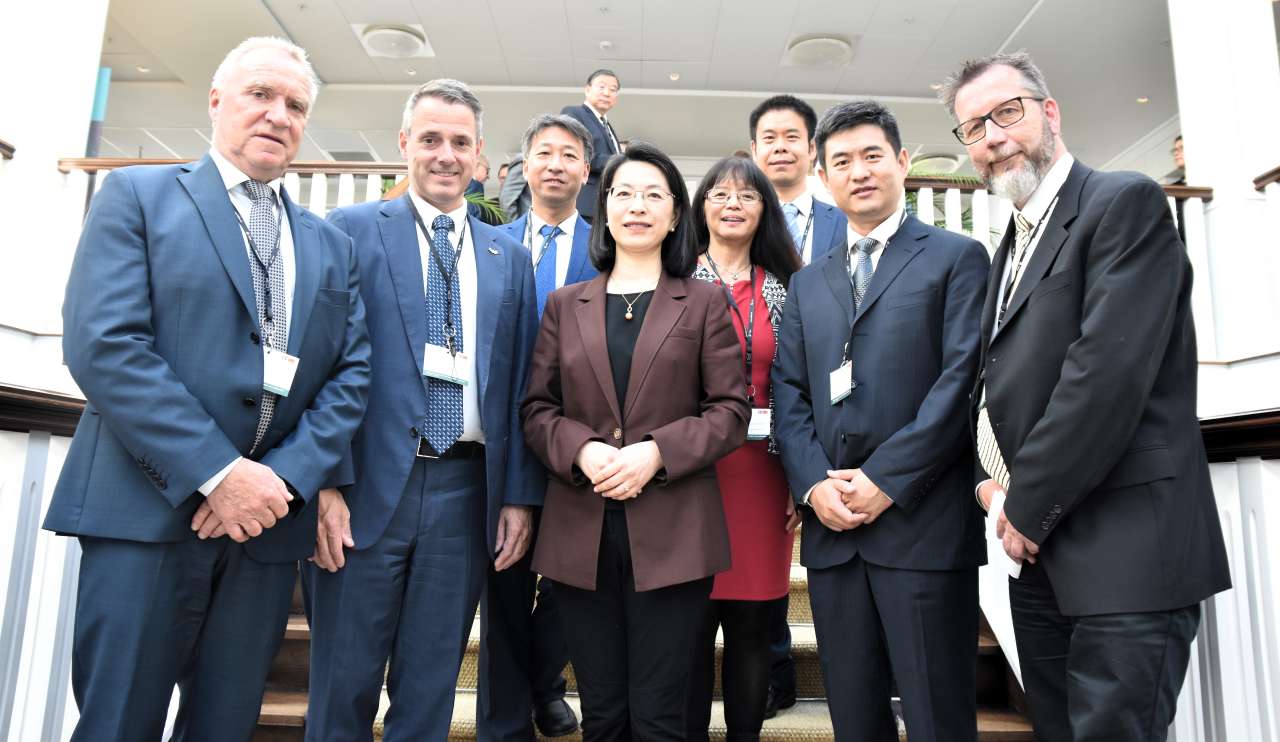
NIBIO and Chinese partners celebrated 20 years of collaboration at a two-day seminar in Moss. Photo: Siri Elise Dybdal
NIBIO and Chinese research partners are celebrating 20 years of successful research collaboration on food security, environment and climate. Going forward, climate adaption, waste challenges and circular economy will be amongst the important target areas for cooperation.
For two decades, NIBIO has had successful collaboration with Chinese research institutes on plant health, environmental research, climate adaption, food security and biotechnology. Now, the NIBIO/China collaboration is set to strengthen further and include areas such as circular economy, soil health and the One Health-approach.
Food security and climate change
“Throughout these 20 years, NIBIO has established a robust platform to further develop our cooperation and approach to the great global challenges”, said Ivar Horneland Kristensen, director general of NIBIO, as he addressed delegates from Norway and China at the opening of a anniversary seminar this week.
Kristensen pointed out that the gas and oil industry has been very important for Norway in the past, but that we now require a transition to a greener economy for the future. He also emphasised the importance of food production and food security to ensure enough food for a growing population, as well as the critical matter of climate change and reducing emissions.
Global food security has become an urgent issue. Climate change and environmental degradation constitute a threat to food production. Simultaneously, more than a third of global greenhouse gas emissions originate from food production systems.
“China and Norway face a lot of the same challenges and have the same priorities such as strengthening food security and reducing climate emissions”, the director general highlighted.
He said scientists from NIBIO and China has been working side by side to ensure successful collaboration and deliver important results on these issues for two decades.
“In fact, over the years, 70 scientists from NIBIO have been involved in collaborative projects with China. That is close to 10% of our employees, the director general pointed out.
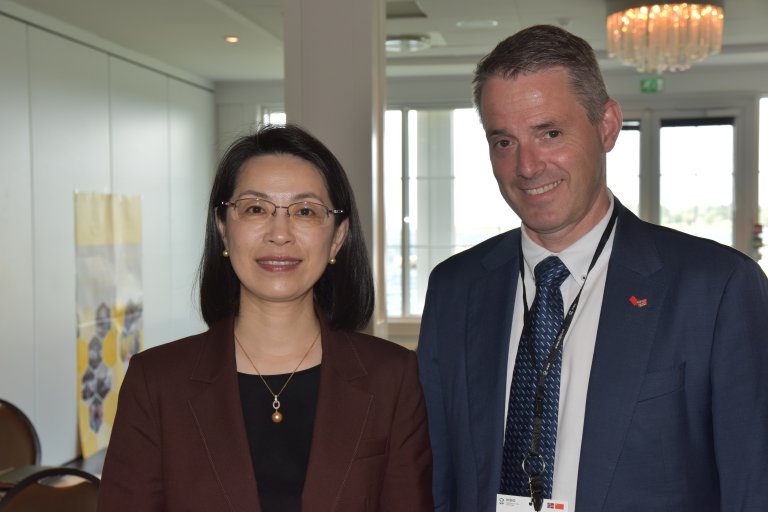
New chapter
Dr Jihong Liu Clarke, head of China relations at NIBIO, has had a vital role in setting up the scientific collaboration with the Chinese science institutes. She says the 20th anniversary is a great achievement, but also marks a new chapter in the research collaboration:
“We are facing new global challenges in the world. So going forward, and with our new director at the helm, NIBIO will draw on the successes and experiences of the past, but also focus on innovative solutions for the new challenges and contribute towards building a circular economy”, she says.
According to Dr Clarke there is now a greater emphasis on issues such as the challenge of waste, and subsequent need for recycling and reusing.
“This was not seen as so important 20 years ago. However, today it is recognised as a significant for the way ahead.”
“Climate change has also become more severe and a more pressing matter. We must mitigate the climate change, but at the same time we have to work out how to adapt. At NIBIO, we are dedicated to tackle this and contribute to solutions together with our international partners”, she says and adds that it is important to highlight that although there are new challenges, there are also new possibilities.
“Now, the Norwegian and Chinese governments have signed a new three-year collaboration agreement, and NIBIO will be an important contributor in implementing this”, says Dr Clarke.
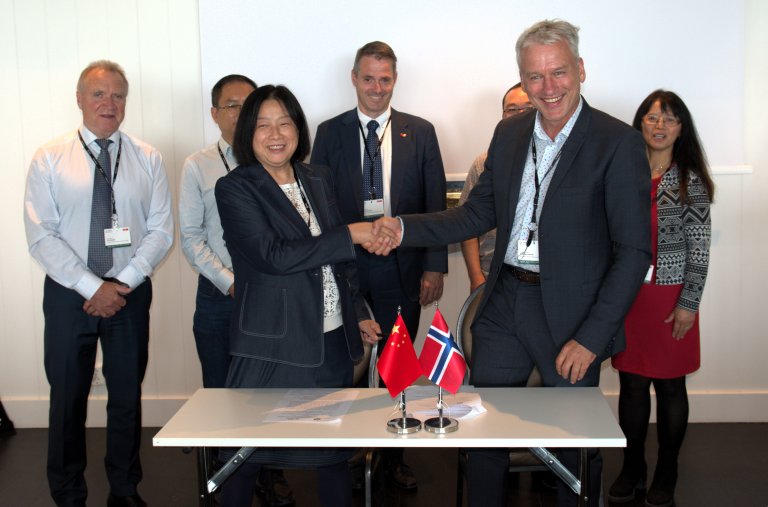
One Health
Another area that will play an important role in the China/NIBIO collaboration is One Health. This concept recognises that the health of humans, animals, and the environment are interconnected and that a collaborative effort across various disciplines and sectors is necessary to secure good health.
“The One Health-approach is an important concept to further develop future collaboration between NIBIO and our Chinese partners”, says Marianne Stenrød, director of Division of Biotechnology and Plant Health at NIBIO.
“So far, we have focused on Antimicrobial Resistance (AMR) and the occurrence of AMR in the environment within this context, but it will be important to develop the One Health approach to also include plant health, food safety and environmental impacts in a broader context for future project proposals”, Stenrød underlines.
International collaboration a prerequisite
“International collaboration is not just important, it is a prerequisite to be able to manage the impact of complex challenges such as climate change and food security”, says Per Stålnacke, director of research at NIBIO.
“Food security is key for future sustainable development, managing climate changes, social stability and welfare as well as geo-political stability.” By 2050, we will need to produce as much as 56% more food than we did in 2010 to feed the world’s growing population.”
However, there is also a positive message in that agriculture has had a tremendous development in the last years.
“There has been substantial crop increases in commercial crops. This is largely due to science and scientific collaborations. Advances in areas such as genetics, improved production methods and technologies and political commitment worldwide have been crucial”, Stålnacke says.
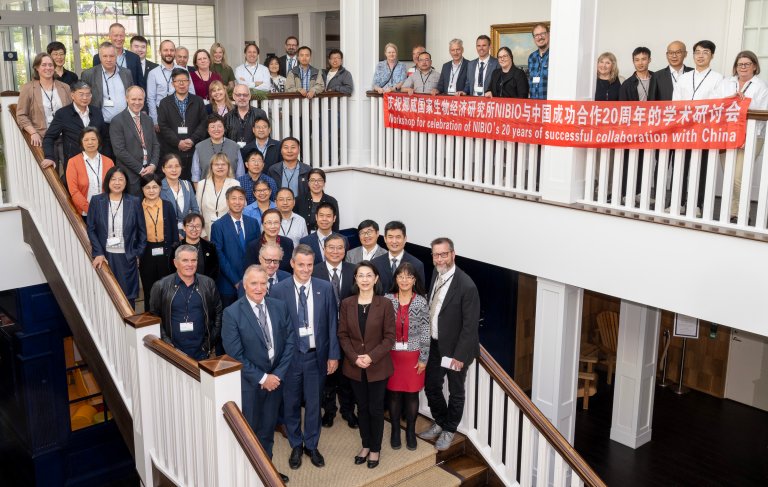
No silver bullet
However, there is no silver bullet to close the food, land and greenhouse gas mitigation gaps.
“Future challenges rely on producing more food without comprising more land area, and by reducing environmental impacts and natural resources demands. This must be done in more challenging growth conditions that entails marginal land, poor soil quality, water constrains and higher frequencies of weather extremes. Thus, we need to join forces”, Stålnacke says.
“I see no other solution to solve the global challenges. It will require international cooperation. In the China/NIBIO-collaboration we have contributed substantially to important issues, and I really hope we can continue this fruitful work”, Stålnacke concludes.


